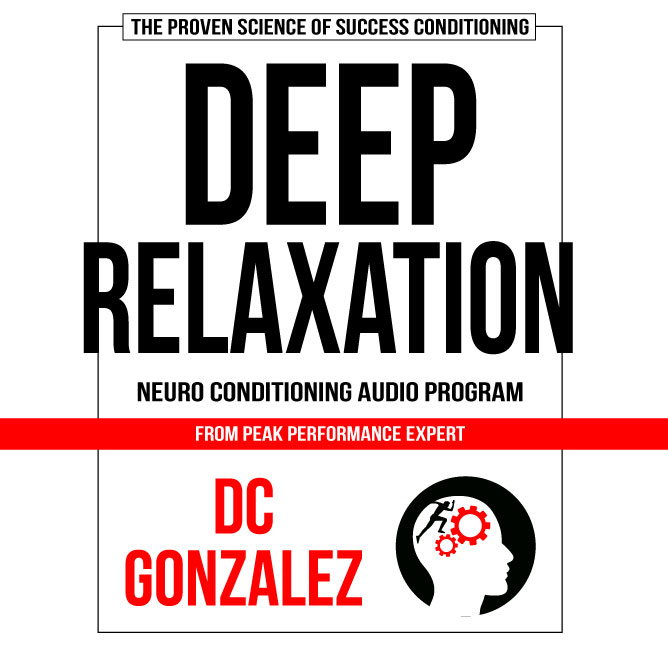As an athlete, the elusive training habits of confidence building for athletes can make or break your performance. The intangible belief in oneself and their abilities has the potential to inspire audacious risks, push limits, and ultimately attain the lofty heights of success. However, confidence is not easily attained or sustained.
Thankfully, experts in self-improvement, sports coaching, and peak performance industries have invested countless hours researching and developing various mental training strategies to help athletes cultivate and bolster their confidence, and perform at their zenith.
One such expert is the self-help maven Tony Robbins, who underscores the potency of visualization and constructive self-talk to reach one’s goals. In the sports coaching realm, NBA coach Phil Jackson emphasizes the value of mindfulness techniques and focusing on the process rather than the outcome. Meanwhile, peak performance coach Jim Loehr emphasizes setting attainable objectives to nurture self-assurance.
By employing mental training strategies such as visualization, developing a constructive mindset, setting feasible goals, and mindfulness techniques, athletes can learn to trust in their abilities and perform at the pinnacle of their potential.
In this post, we will go into these mental training tactics and provide practical guidance and examples on how to fully execute them.

Confidence Building for Athletes : Visualize Success
Visualization is a potent mental training technique that can help athletes enhance their confidence and performance. Consistent visualization can program your mind to believe in your abilities and increase your self-assurance.
Here are some tips for effective visualization:
- Be specific: When visualizing success, be as detailed as possible. Visualize yourself in your sports environment, imagine the movements and actions required to attain success, and feel the emotions of success.
- Visualize frequently: To get the most benefit from visualization, practice it regularly. Set aside some time each day to visualize success, and try to incorporate it into your pre-competition routine.
- Focus on positive outcomes: When visualizing success, focus on positive outcomes instead of negative ones. Rather than picturing yourself avoiding mistakes, imagine yourself making successful plays and achieving your goals.
By visualizing success, athletes can train their minds to believe in their abilities, increase their confidence, and perform at their best. Incorporate visualization into your mental training routine and witness your performance soar.
Confidence Building for Athletes : Focus on the Process
Athletes often get caught up in the outcome of their performance, which can create anxiety and hinder their confidence and focus. However, by shifting their focus to the process, athletes can remain present and confident in their abilities.
To focus on the process, athletes can follow these tips:
- Set process-oriented goals: Instead of only focusing on outcome goals, set process-oriented goals that focus on what you need to do to succeed. This can include working on specific skills or techniques or improving your conditioning.
- Break down the process: Divide your goals into smaller, more manageable steps. This approach can help you focus on the process and build confidence as you achieve each step.
- Trust the process: Stay committed to the process, even when you face setbacks or challenges.
- Stay present: Maintaining concentration when preoccupied with the final result can be challenging. Focus on the present and finish what you started. It’s possible that this will boost your performance and self-assurance.
- Practice mindfulness: Mindfulness practices, such as deep breathing, meditation, or visualization, can help athletes remain present and focused on the process.
By shifting their focus to the process, athletes can improve their confidence and performance. Regularly practicing these tips can lead to better outcomes and greater success.

Practice Self-Care
Here are some tips on how to practice self-care:
Relaxation and healing should take precedence. Rest and rehabilitation are essential for athletes’ physical and mental well-being. Ensure that you get sufficient rest, take days off, and give your body time to recover after strenuous training sessions or contests.
Provide your body with nutritious nourishment. For optimal athletic performance, athletes must eat well. Ensure you consume healthy foods that provide the energy and nutrition you need to perform at your best.
Keep hydrated. Hydration is essential for both the body and the intellect. Be sure to drink enough water throughout the day, especially when exercising or competing.
Take breaks and discover how to unwind. Take breaks throughout the day to refresh your body and mind. Relaxation techniques such as deep breathing, meditation, and yoga can help you manage stress and strengthen your mind.
Communicate with other people. Athletes can feel encouraged and supported when they have positive interactions with others.
Perform your interests and other tasks. Having interests and activities outside of your sport might help you maintain a good balance and alleviate stress. Discover enjoyable activities that help you relax and regain your energy.
By taking care of themselves, athletes can maintain good physical and mental health, minimize stress, and acquire confidence in their abilities. Put self-care at the forefront of your training, and your confidence and performance will soar.
Conclusion
Confidence is a crucial element for athletes to perform at their peak level. While physical training is vital, mental training is equally essential for building confidence and achieving success. By utilizing the mental training strategies provided in this guide, athletes can develop a robust mindset, visualize success, focus on the process, and practice self-care.
Remember that confidence building for athletes is a process that requires time and effort. Be patient with yourself and stay committed to the mental training strategies that work best for you. With consistent practice and dedication, you can reach your goals and perform at your best.
As sports psychologist and thought leader Dr. Jim Taylor once said, “Confidence is the most critical mental factor in sports. It enables an athlete to trust his or her abilities and perform at his or her best.”




